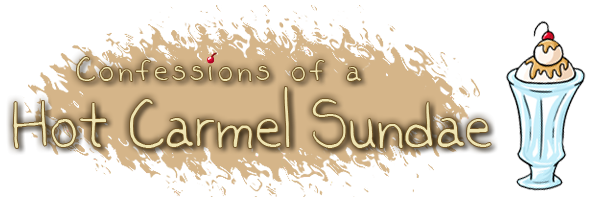Classical Education Theory and The Well-Trained Mind
Posted By Christina M on September 10, 2007
Robin at Heart of Wisdom made a good point. In the comments, she referred to her post on the subject of classical education, which discusses some criticisms that I believe are worthy of consideration. Chiefly, she criticizes an emphasis on the Greek and Roman classics, which tend to focus on mythology, philosophy, and a very humanistic approach to wisdom.
I have to agree with her that an approach that glorifies Greek and Roman thought may well have its spiritual dangers, and at the very least can detract from our time spent studying the great wealth of literature that either directly or indirectly presents us with the beauty and wisdom of Christian truth. I would go so far as to add that the glorification of ancient civilizations and their thought can also rob us of the opportunity to read many of the great later works that, although they may not address Christianity in any direct way, do lead us to analyze, support, or challenge more modern societal trends. I would hate to think of a reader getting so caught up in a twelve year Roman and Greek study that they never get to know Jane Eyre or Huck Finn.
What I want to point out is that I share a certain discomfort with the idea of an ancient, pre-Christian focused education; and this is precisely the reason I love The Well Trained Mind. In all of my previous exposure to classical education, I’ve seen reading lists that cover Homer and Plato ad nauseum, but never allow a child to move toward the pinnacle of wisdom, Christian teaching and literature, and the society that has grown out of it. The Well Trained Mind is the first introduction of classical education I’ve seen that took the ideas of classical education and moved beyond the study of Greek and Rome. It is one of the first popular works that stresses the method over the assumption.
The assumption is that classical education is about classical civilization, and that nothing less than 3,000 years old has anything to teach us. The method, rather, is about the learning and developmental stages that a child goes through when learning all about the world and civilization, not merely the origins of so-called “Western Civilization.” When done properly, classical education does not rest on the laurels of the Greeks. It seeks to give as complete a historical education as possible, so that children can learn not only the events of history, but the context of those events, in their chronological time. It is this extensive historical examination that forms the foundation of the concept of classical education as presented by the authors of The Well Trained Mind. To focus on just the Roman and Greek civilizations is to miss the entire point.
The method is a theory of the development of the child’s mind, based on solid observation. Yes, it was inspired by the trivium of ancient learning; but the ideas will ring true to any genuine observer of childhood. In the grammar years, children love to learn. They learn by music, by memorization, by play; most of all, they soak up information like little sponges. As they move into the middle years, both their abilities and their interests change. Now they want to understand what they’ve learned. No longer are they delighted to memorize; they want to satisfy their curiosity. They no longer want just to learn: they want to learn about. By the time they reach the high school years, they are ready to learn to think like adults: to take what they’ve learned, and come to understand, and discover how to analyze it for a greater depth of understanding. It is time to learn to put even their most complex learning to real use in life, applying their own interests, theories, and applications to discover a newfound relevance to what they learn.
As you see, in this model of education, the content includes all of history, and the method seeks to place the knowledge into a format that is right for the child’s age. In The Well Trained Mind‘s model of education, the child is not instructed to stagnate with twelve years of Virgil and Sophocles, but is required to study as much of history as time will allow. Although the classical period is included, it is only a part of ancient history, which also includes the Old Testament, the ancient Orient, the Native Americans, and the early Church. The goal is not to glorify the Greeks, but to give a child an idea of where all of mankind stood during a particular period of history. With this background, the child is far better able to understand the significance of the events that follow, because they have a context. What did it really mean to mankind when Christianity was legalized under Constantine? The student who understands what Pagan Rome was like has a far greater comprehension of the significance of such a tremendous event.
I want to thank Robin again for bringing this subject up. I think that as Christians who also work to be well-educated, it can be easy to fall into the trap of trendiness, and of reaching for an education that seeks to impress, rather than seeking to help us grow as people and as Christians. This is a good time for all of us to ask ourselves what we are doing to enrich whatever gifts God has blessed us with. The things I do to grow, or to help my children grow, are they for God’s glory or for ours?

Comments
Leave a Reply